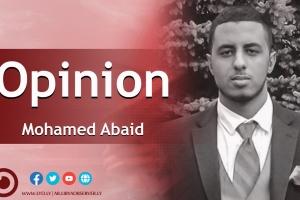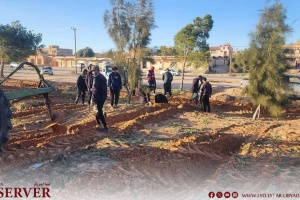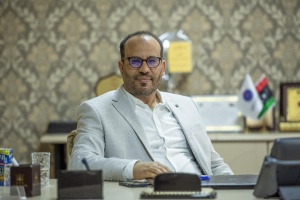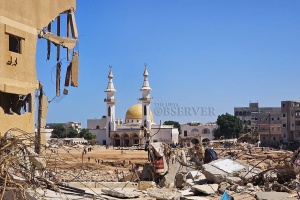By Mohamed Abaid
Bolstering Libya's Economy: Halting the Gold Drain

Libya has been grappling with a significant drain on its national wealth due to the illicit trade of gold. The smuggling of this precious resource, amounting to an estimated 50 to 55 tons worth around $3 billion in recent years, undermines the economic stability and growth of the nation.
Countering this concerning trend necessitates a holistic approach that not only curbs the smuggling of gold but also sets the stage for economic recovery. This involves enhancing border security, improving regulatory oversight, tackling corruption, fostering international cooperation, empowering local communities, and strengthening the judicial system.
Enhancing Border Security
Libya's borders have become porous due to the turmoil and instability that followed the 2011 NATO-led intervention, making the task of smuggling gold and other contraband easier. Therefore, a key facet of stemming the gold smuggling operation involves tightening border security. The employment of advanced surveillance technology and an increased presence of border patrol personnel can help in the detection and prevention of smuggling attempts.
Improving Regulatory Oversight
The illicit gold trade often thrives in environments where there is a lack of stringent regulatory oversight. It's vital that Libya bolsters its regulatory frameworks to maintain strict oversight of the gold trade. This can be achieved through the implementation of robust licensing requirements for miners, traders, and exporters of gold, along with regular audits to discourage and detect any illegal activities.
Tackling Corruption and Money Laundering
The illicit gold trade is intimately connected to corruption and money laundering. These intertwined criminal activities facilitate smuggling operations and need to be tackled to effectively curb the illicit gold trade. This can be achieved by strengthening anti-corruption laws, enhancing operational oversight of institutions, and improving inter-agency collaboration. The UNODC has already been working with Libyan authorities to address these issues, and their efforts can be further enhanced3.
Fostering International Cooperation
Gold smuggling is a transnational crime that requires international cooperation for effective mitigation. Libya can collaborate with other countries, particularly those where smuggled gold is known to end up, to trace and recover the stolen gold. International treaties and agreements can be instrumental in facilitating this cooperation.
Empowering Local Communities
Local communities, often unwitting participants in smuggling operations, play a crucial role in this illicit trade. By educating these communities about the detrimental impacts of smuggling on the national economy and offering alternative economic opportunities, it's possible to make substantial strides in curbing the illicit trade.
Conclusion
By curbing gold smuggling, Libya stands to significantly bolster its economy. The recovered gold can replenish Libya's gold reserves, providing a much-needed boost to its financial standing. The revenue generated from a regulated gold trade can be used to fund development projects, stimulating economic growth and stability. Additionally, addressing corruption and money laundering can improve the overall business environment, attracting investment and further driving economic growth. Therefore, the battle against gold smuggling is not just about stopping illicit trade; it's about seizing a golden opportunity for Libya's economic resurgence.
Disclaimer: The views and opinions expressed in this article are those of the writer, and do not necessarily reflect those of the Libya Observer





